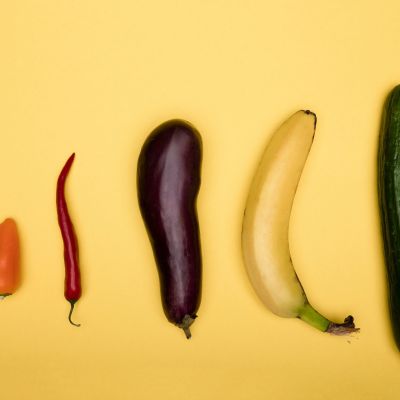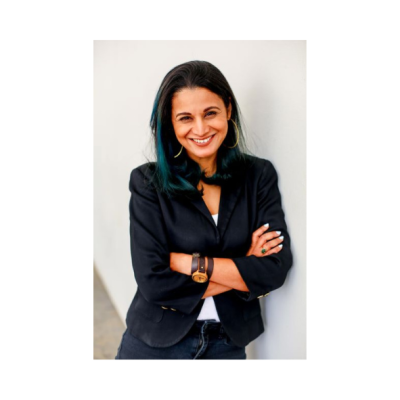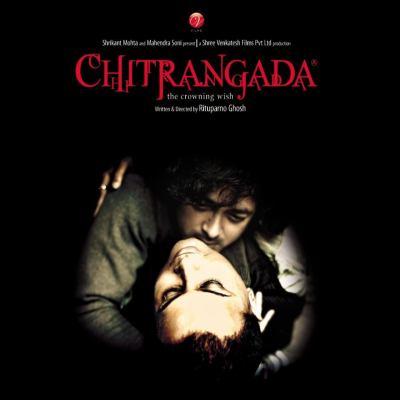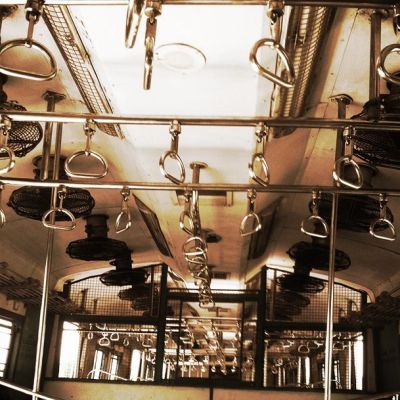sexual harassment
A part of me is strong, independent, and quick to dismiss all kinds of uniformity. The other part is bashful, fearful, and somewhat assenting to a vast compromise.
Those who are rendered vulnerable due to their gender or sexuality, particularly those who are economically and socially disadvantaged (or less powerful) and lack the agency to speak up for themselves, are more prone to allegations, social ostracism and marginalization.
While we are struggling with the vicissitudes brought on by the pandemic we are also forced to spend more time online, to look for resources in terms of health care or caregivers, to reach out to people and build a communities of care, to take a break, or to try and hook-up online for a while.
Vulnerability – is it a condition we find ourselves in? A state of being we choose? Let’s keep it very simple: it depends on the approach we take to defining it. In the former approach, we are ‘done to’, while in the latter we are consciously ‘doing’.
“Questions of difference should not be a cause for despair. There are examples from history and our own lives that show how we can connect across difference and stand in solidarity with one another…”
The lovers enact many recognizable hetero-normative romantic tropes – the wronged petulant woman pacified via kisses and caresses, the woman too tired for sex who then tries to placate the sulking male lover.
I consider my daily travel a theatre project, far from the real me: I cover myself from head to toe and wear sunglasses double the size of my face. Why? Because most of the male passengers look at all the women in the compartment as if this is something they get for free along with their ticket.







